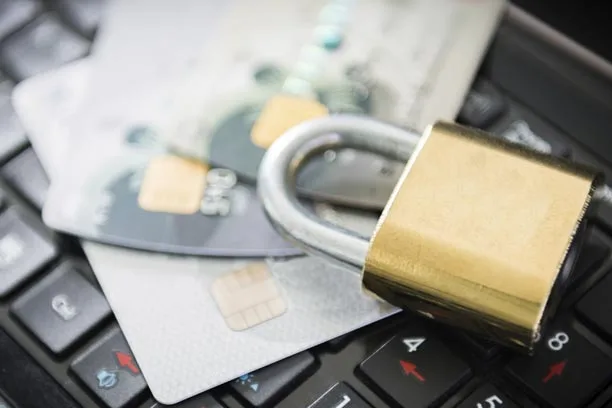Data Privacy Checklist: Is Your Personal Information Secure?


More than 2.4 million incidents of fraud were reported in the United States in 2022, resulting in an $8.8 billion loss for consumers, according to the Federal Trade Commission. As scammers continue to get savvier, it’s more important than ever to be vigilant about your personal data security. Here’s how to protect your data from some of the most common scams.
Numbers you rely on every day, like your birthdate, ZIP code or phone number, can open you up to identity theft threats. These are the sensitive data sources you should be most cautious about in public.
Did you know that with your name, address and birthdate in hand, some scammers may be able to buy your Social Security number on websites? In fact, with your birthdate and hometown, thieves can often guess all of your digits. Think twice about listing your birthdate on social media and other websites to decrease your chances of becoming a victim of identity theft.
After making a purchase with a credit card at the cash register, you may be asked to provide your ZIP code. Beware — your ZIP code may find its way to scammers who can couple it with other bits of personal data to steal your identity.
Online software can allow fraudsters to see your phone number. When you receive “robocalls,” responding to “opt out” instructions may serve to notify the caller that the number works and has potential for future victimization. Making callbacks to offers of free merchandise may also reveal your phone number, which can then show up on the “suckers list” that scammers sell to others online.
Even if you’re not traveling, a stolen or lost passport is serious business because the numbers on it can be used to steal your identity. Be sure your passport is locked away safely. If it's missing in the United States, contact the National Passport Information Center to immediately deactivate it and get a new one. If abroad, contact the nearest U.S. embassy or consulate.
Before computers, personal identification numbers (PINs) were typically used as original passwords. While still very popular, keep this in mind: Never use your birthdate (0321 for March 21, for example), your birth year or your home’s address as a PIN for an ATM. Also stay away from other easy-to-guess PINs, such as 1234, 0000, 2580 (a top-to-bottom keypad sequence), 0852 (bottom-to-top keypad sequence), or 1111, 5555, 1212, etc.
If you think someone has gotten into your online accounts or has your personal information, visit IdentityTheft.gov to find out how to report and recover from identity theft.
While there may be no foolproof way to prevent and avoid all fraud, taking steps to protect your personal information online can go a long way toward warding off potential scammers. Here’s what to do:
Scammers often look for bugs or weak points in security software, internet browsers and operating systems to exploit before software developers have a chance to fix them. Updating your software regularly ensures you have protections in place against known threats. Don’t ignore reminders to make updates to security software, operating system software and internet browsers and apps.
Strong and unique passwords, multi-factor authentication and hard-to-answer security questions can help keep your sensitive information secure. Opt for long passwords — at least 12 characters — and avoid using common phrases or words. Many security questions ask for answers to information available in public records or online. So, when you can, for security questions, avoid choosing ones where the answers could be available in public records, like your ZIP code, mother’s maiden name and birthplace.
Whether you save everything to the cloud or use an external storage device, keeping an extra copy of all your files is a security best practice. That way, if something happens — say a virus, your device crashes, or you’re hacked — you still have your files. It’s important to do it once a week so you don’t lose important data. Keep in mind, though, that if you do need to restore a backup, it will only be as current as the last time you backed up.
Keep your identity safe with identity theft protection from Farm Bureau. Contact your agent today to learn more